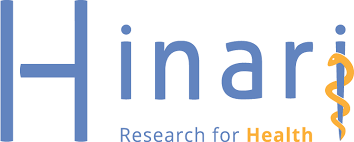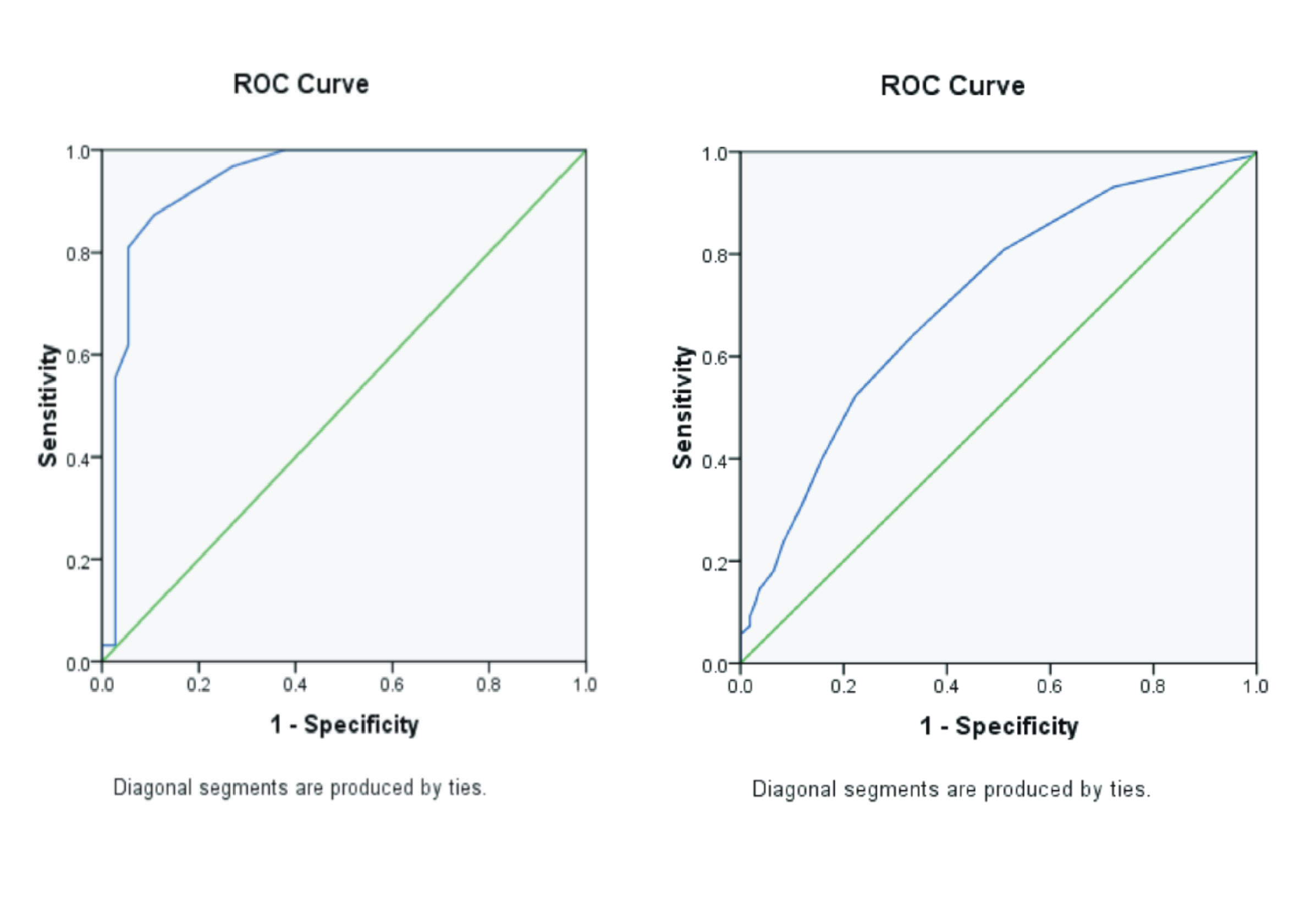DEHYDRATION LEVELS AND DRINKING WATER CONSUMPTION ON WORK FATIGUE AT PT. PAL INDONESIA

Background: Work fatigue among PT. PAL Indonesia workers occurs due to several factors, such as working under high temperatures and sunlight without the aid of temperature reducing equipment and the lack of easily accessible drinking water around the workplace, which can trigger dehydration in workers. Purpose: This study aims to analyze the strength of the relationship between drinking water consumption and dehydration on work fatigue in floating and digging dock workers at PT. PAL Indonesia. Method: This research is an observational study with a cross-sectional approach, involving a sample of 26 dock workers from the Harkan Division at PT. PAL Indonesia. Data collection was conducted through measuring work fatigue using a reaction timer, questionnaires, interviews, and observations. Result: The analysis between variables shows a strong relationship between dehydration and work fatigue of 0.606 and a very weak relationship between drinking water consumption and the incidence of work fatigue of 0.135. Conclusion: It is suggested that the company should regularly provide drinking water supplies for workers and place them in locations that are easily accessible. Apart from that, the company should encourage workers to consume more water instead of other drinks to protect them from possible diseases beyond work fatigue.
Introduction
Work fatigue is the level of fatigue felt by a person, characterized by symptoms of feeling tired (mental fatigue) and physiological changes in the body (physical fatigue), which result in a decrease in vitality and productivity(Tasyrifah, 2017). The factors causing fatigue in the industry vary greatly, and to maintain health and efficiency, the refreshment process must be carried out to alleviate stress. Refreshment primarily occurs during nighttime sleep, but rest periods and downtime can also provide refreshments(Fahmi, 2020).
Work fatigue is a serious problem that requires special attention. As such, work fatigue is one of the highlights that companies need to address. Work fatigue can increase the risk of work accidents(Tarwaka, 2014). This is supported by data from the(Organization, 2018), which stated that nearly two million workers die each year due to work accidents related to work fatigue. Fatigue is a common experience for many individuals. Headaches, tension, joint pain, and bad mood are some of the symptoms experienced when fatigue occurs(Hijah et al., 2021).
Workers who are exposed to heat stress cause the body to respond by producing a lot of sweat to cool the body temperature. This leads to changes in the sweat glands, which increase their secretion, resulting in excessive sweating. If this sweating is not balanced by adequate fluid intake or replacement, it can lead to dehydration . The situation worsens if an individual does not consume enough fluids and experiences a decrease in the amount of body fluids of up to 10%, which can result in serious health consequences or even death(Budiono et al., 2003).
In a hot work environment, heat stress can arise due to exposure to extremely high temperatures originating from certain equipment or work locations(Suryaningtyas, 2017). The occurrence of heat stress is influenced by factors such as the temperature in the work environment, body metabolic temperature, physical activity and workload, as well as wind speed and humidity(Susetyo et al., 2012). One of the causes of fatigue is an extreme work environment. Fatigue is a protective mechanism for the body to avoid further damage so that recovery occurs after rest(Kuswadji, 1997).
Fatigue is centrally regulated by the brain. In the central nervous system, there is a balance between sympathetic activity and parasympathetic inhibition(Tarwaka, 2016). The term fatigue usually indicates different conditions for each individual, but it generally leads to a loss of efficiency and decreased work capacity and body endurance(Maftuh et al., 2021). Fatigue resulting from work is often interpreted as a process of decreased efficiency, reduced work performance, and decreased physical strength or endurance, which affects the ability to continuously perform required activities(Subaris, 2008).
Research by(Entianopa et al., 2020)shows that there is a significant influence of a hot work climate on the work fatigue of steam operators at PT. XYZ Boyolali. It also reported that factors related to the incidence of fatigue among PT. Angkasa Raya Djambi Dryer workers in 2020 included a hot work climate, physical activity, and water consumption. According to the(Organization, 2013), up to two million workers die each year due to work accidents caused by fatigue. Other research also reported that out of 58.115 samples, 32.8% of them experienced fatigue, if workers experienced work accidents caused by fatigue, this would have a direct impact on their work productivity levels(Pabumbun et al., 2022).
PT. PAL Indonesia is one of the strategic industries owned by state-owned enterprises (BUMN) that produces the main equipment for the Indonesian defense system, especially for maritime dimensions. Its existence certainly has an important and strategic role in supporting the development of the national maritime industry. The role of PT. PAL Indonesia became stronger after the issuance of Law No. 16 of 2012 concerning the defense industry, which granted strategic BUMN a broader role. Based on this law, PT. PAL Indonesia professionally carries out the mandate as well as the obligation to play an active role in supporting the fulfillment of the needs for marine defense equipment and acts as the main guide (lead integrator) of marine dimensions.
The initial goal of being established as a center of excellence for the national maritime industry, PT. PAL Indonesia has proven its reputation as a major force in the development of the national maritime industry to strengthen the foundation for the development of the maritime industry. However, this company has a high risk of occupational fatigue due to hot working climate and the high possibility of dehydration at work. This reason, it is important to measure the possibility of work fatigue caused by the work climate and the incidence of dehydration in the workplace, as reported by(Huda & Suwandi, 2018). This can be done to prevent work accidents related to the variables to be studied. Therefore, the researchers are interested in studying this topic to examine the issues at PT. PAL Indonesia related to dehydration and water consumption in relation to work fatigue.
Material and Method
This research has been ethically tested and received an ethical certificate from the Ethics Commission of the Faculty of Public Health, Universitas Airlangga No:172/EA/KEPK/2023 issued on 14thAugust 2023. This research employed a quantitative approach method. The design was observational with descriptive analysis. This research used a cross-sectional approach with data collected at one time within the company,
Answastari, Y.R., 2016. Faktor Lingkungan Fisik dan Indeks Massa Tubuh dengan Tingkat Kelelahan Tenaga Kerja di Industri SP Alumunium Kota Yogyakarta (Diploma). Poltekkes Kemenkes Yogyakarta, Yogyakarta.
Armstrong, M., Baron, A. 2005. Managing Performance: Performance Management in Action. CIPD Publishing.
Buanasita, A., Yanto, A., Sulistyowati, I., 2015. Perbedaan Tingkat Konsumsi Energi, Lemak, Cairan, dan Status Hidrasi Mahasiswa Obesitas dan Non Obesitas. Indonesian Journal of Human Nutrition Vol. 2(1), Pp. 11-22.
Budiono, A.S., 2003. Bunga Rampai HIPERKES & KK : Higiene Perusahaan, Ergonomi, Kesehatan Kerja, Keselamatan Kerja, 2nd edn (revised). Badan Penerbit Universitas Diponegoro.
Entianopa, E., Wahyuni, A., Kurniawati, E., 2020. Hubungan Iklim Kerja Panas terhadap Dehidrasi pada Pekerja di bagian Dryler di PT. X Tahun 2020. Indonesian Journal of Health Community Vol. 1(1), Pp. 28-34.
Fahmi, M., 2020. Relationship between Work Climate and Fatigue of The Labour at PT. Shinam Jaya Abadi in Wajok Hulu of Mempawah Regency. Jurnal Borneo Akcaya : Jurnal Penelitian dan Pengembangan Pelayanan Publik Vol.. 6(1), Pp. 84-92.
Hijah, N.F., Setyaningsih, Y., Jayanti, S., 2021. Iklim Kerja, Postur Kerja, dan Masa Kerja terhadap Kelelahan Kerja pada Pekerja Bengkel Las. 1 Vol. 2(1), Pp. 11-16.
Huda, A.I., Suwandi, T., 2018. Hubungan Beban Kerja dan Konsumsi Air Minum dengan Dehidrasi pada Pekerja Pabrik Tahu. The Indonesian Journal of Occupational Safety and Health Vol. 7(3), Pp. 310-320.
Ihsan, T., Salami, I., 2015. Hubungan antara Bahaya Fisik Lingkungan Kerja dan Beban Kerja dengan Tingkat Kelelahan pada Pekerja di Divisi Stamping PT. X Indonesia. Jurnal Dampak Vol. 12(1), Pp. 10.
Iksani, 2005. Pelatihan Perawat Ginjal Intensif di RSUPN Dr. Ciptomangunkusumo
International Labour Organization, 2013. The Prevention of Occupational Diseases.
International Labour Organization, 2018. Safety and Health at Work.
Kuswadji, S., 1997. Pengaturan Tidur Pekerja Shift. Group PT. Kalbe Farma, Jakarta.
Maftuh, M., Haryanti, T., Johar, S.A., 2021. Pengaruh Iklim Kerja Panas terhadap Kelelahan Kerja pada Operator Steam di PT. XYZ Boyolali. 1 Vol. 2(2), Pp. 141-147.
Pabumbun, E., Russeng, S., Muis, M., 2022. Faktor yang Berhubungan dengan Kelelahan Kerja pada Pekerja PT. Maruki International Indonesia Makassar Tahun 2018. Hasanuddin Journal of Public Health Vol. 3(1), Pp. 90-98.
Sari, N.P., 2014. Pengaruh Iklim Kerja Panas terhadap Dehidrasi dan Kelelahan pada Tenaga Kerja bagian Boiler di PT. Albasia Sejahtera Mandiri Kabupaten Semarang.
Subaris, H.H., 2008. Hygiene Lingkungan Kerja. Mitra Cendekia Press, Yogyakarta.
Sugiyono, 2016. Metode Penelitian Pendidikan : Pendekatan, Kuantitatif, Kualitatif, dan R&D / Sugiyono. Cetakan 6. Alfabeta, Bandung.
Suma’mur, 2014. Higiene Perusahaan dan Kesehatan Kerja (Hiperkes). CV. Sagung Seto, Jakarta.
Supranto, J., 2009. Statistik Teori dan Aplikasi, Jakarta: Erlangga.
Suryaningtyas, Y., 2017. Iklim Kerja dan Status Gizi dengan Kelelahan Kerja pada Pekerja di Ballast Tank Bagian Reparasi Kapal PT. X Surabaya. JMK Vol. 3(1), Pp. 17-32.
Susetyo, J., Oesman, T.I., Sudharman, S.T., 2012. Pengaruh Shift Kerja terhadap Kelelahan Karyawan dengan Metode Bourdon Wiersma dan 30 Items of Rating Scale.
Tarwaka, 2014. Keselamatan dan Kesehatan Kerja, Manajemen Implementasi K3 di Tempat Kerja. Harapan Press, Surakarta.
Tarwaka, 2016. Dasar-Dasar Keselamatan Kerja Serta Pencegahan Kecelakaan di Tempat Kerja. Harapan Press, Surakarta.
Tasyrifah, G.M., 2017. Perbedaan Tingkat Dehidrasi dan Kelelahan Kerja pada Pekerja Terpapar Iklim Panas di Bagian Pengepakan dan Pelintingan di PT. Panen Boyolali (Skripsi). Universitas Muhammadiyah Surakarta, Program Studi Kesehatan Masyarakat Fakultas Ilmu Kesehatan.
Copyright (c) 2025 Journal of Vocational Health Studies

This work is licensed under a Creative Commons Attribution-NonCommercial-ShareAlike 4.0 International License.
- The authors agree to transfer the transfer copyright of the article to the Journal of Vocational Health Studies (JVHS) effective if and when the paper is accepted for publication.
- Legal formal aspect of journal publication accessibility refers to Creative Commons Attribution-NonCommercial-ShareAlike (CC BY-NC-SA), implies that publication can be used for non-commercial purposes in its original form.
- Every publications (printed/electronic) are open access for educational purposes, research, and library. Other that the aims mentioned above, editorial board is not responsible for copyright violation.
Journal of Vocational Health Studies is licensed under a Creative Commons Attribution-NonCommercial-ShareAlike 4.0 International License














































